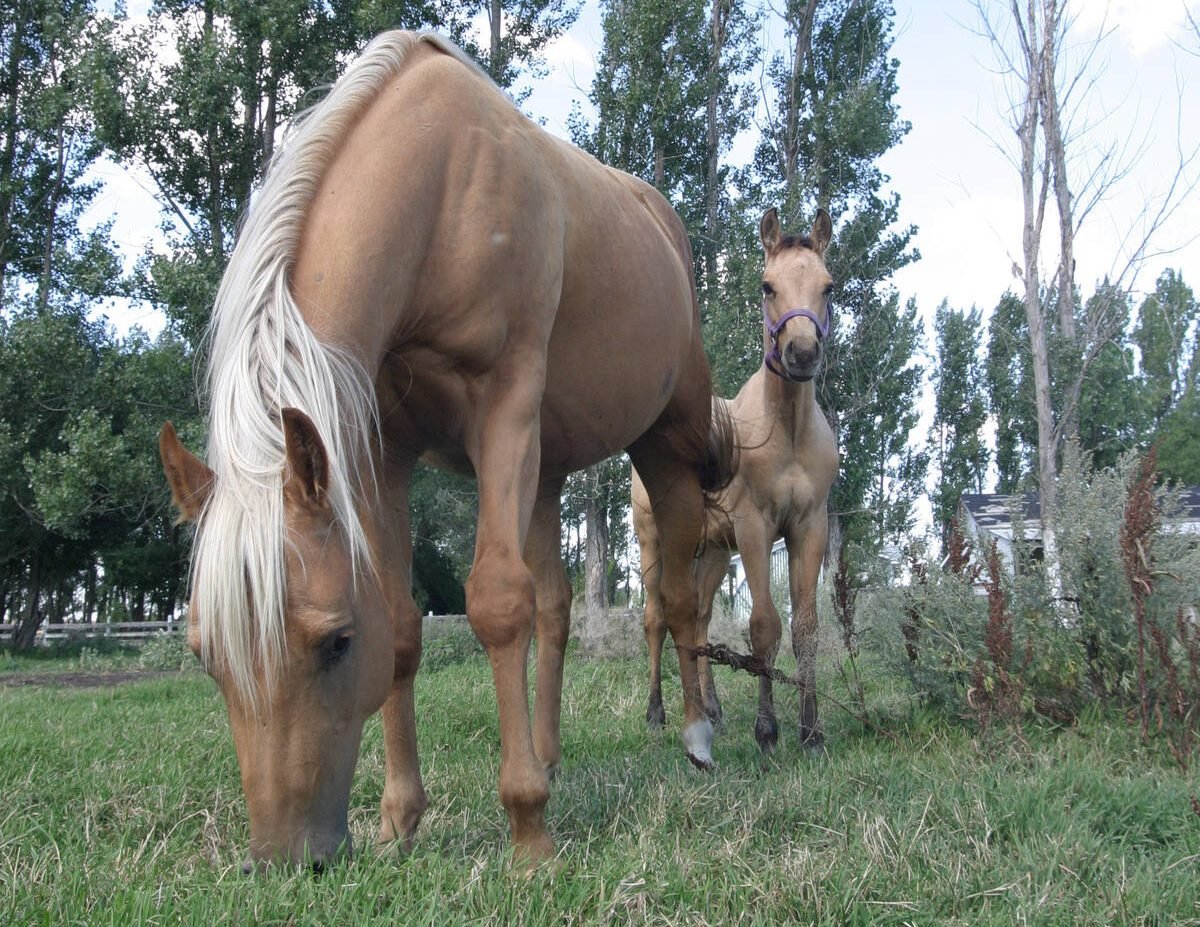Parliament has started debate on legislation that would implement the Comprehensive Economic Trade Agreement, a multibillion-dollar trade deal between Canada and the European Union.
The debate started Nov. 21 and comes as Ottawa continues to grapple with Canada’s trade future in a post-Brexit, pending-Trump world. Given the current Liberal majority and Conservative support for trade, the deal is expected to pass.
Agriculture Minister Lawrence MacAulay announced Nov. 10 Ottawa plans to give the dairy and processing sectors $350 million. The funding includes $250 million to help innovate Canadian dairy farmers and $100 million to help the processing sector.
Read Also

Growth plates are instrumental in shaping a horse’s life
Young horse training plans and workloads must match their skeletal development. Failing to plan around growth plates can create lifelong physical problems.
The package, the final details of which are still being discussed with industry, does not include funding for income declines — Ottawa says it does not expect revenue drops because of ongoing growth in the Canadian cheese market.
Dairy Farmers of Canada has estimated CETA will cost producers $116 million in lost revenue per year. The sector’s cheese processors, meanwhile, expect to lose about $230 million, a loss estimated by the industry to trigger a $719 million loss for the overall economy and potentially cost up to 2,900 jobs.
Still, despite ongoing supply management worries, CETA is becoming the bright light for the Liberals as it grapples with a more protectionist global trade climate.
The fate of the Trans-Pacific Partnership with Donald Trump serving as United States president looks more uncertain, with many in Ottawa admitting the multibillion-dollar, 12-country trade deal could be dead in the water.
The TPP is structured so that the deal cannot go ahead without the backing of the U.S. and Japan, a result that would go against Trump’s positioning on the file during the campaign.
There are discussions about what a TPP deal might look like without the United States, but that would require the negotiation of a new deal, a move that could easily trigger the reopening of sensitive trade files, including agriculture.
Prime Minister Justin Trudeau and U.S. President Barack Obama met behind closed doors during the recent APEC summit in Peru, in which TPP strategizing was reportedly a key discussion point. Trade Minister Chrystia Freeland has said the government’s position hasn’t changed and any decision will be left to Canadians.
Here at home, farm groups warn that Canada must develop a plan to address ongoing disparities around access to Japan. Canadian farmers have repeatedly said access to Japan, via a direct deal or within the TPP without the U.S., is critical if agricultural sectors, particularly pork, are to remain competitive.
Former Conservative Agriculture Minister, turned party trade critic, Gerry Ritz has repeatedly said Ottawa must come up with a plan to deal with Japan given the ongoing uncertainty around the TPP.
Trudeau promised Nov. 17 to try and restore Canadian pork access to Argentina. The pending access hinges on an upcoming Canadian visit by Argentine food safety experts.
But pork isn’t the only nervous meat sector Ottawa is hearing from these days.
Transition documents leaked to the press after the U.S. election have Canadian ranchers nervous about the return of mandatory country-of-origin labelling, a file Ottawa and Washington battled over at the World Trade Organization for nearly a decade.
Canada had been granted WTO permission to impose retaliatory tariffs on the States. The United States repealed the policy before Canada initiated retaliatory measures.
Canadian ranchers have said they expect Canada to take the same hard-line approach if Trump decides to bring back the labelling policy.
Politico, a U.S. media outlet specializing in politics, reported Nov. 21 that the suggestion infuriated Trump’s agriculture advisory panel, who said the file was a non-starter for most U.S. agriculture groups.














